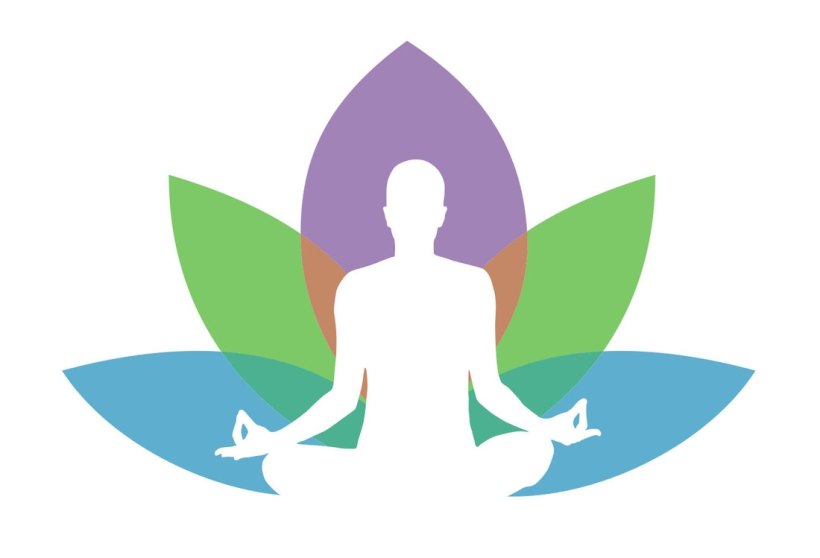I have recently been on a personal spiritual journey. I am trying to practice daily Zen Buddhism, do morning meditations, practice individual yoga, and have generally been doing what I would call a “Thinking Cleanse.” After a few weeks, I noticed that I had significantly changed my life for the better in profound ways. I feel great, my husband and I have been enjoying each other’s company so much more, my friends and family have been more interested in socializing, I feel better in my clothes, and I have been handling the typical emotions of anger, disappointment, and sadness of life that we all go through with a newfound gracefulness and calm. So I conferred with the research to better demystify the validity of these insights.
And behold! I found a jaw-dropping research article on these very phenomena: (https://www.researchgate.net/publication/5304282_Migraines_and_meditation_Does_spirituality_matter)
In a nutshell, researchers found that not only does spiritual meditation compare with pharmaceutical intervention and biofeedback intervention for managing migraines, but it matters what kind of meditation you practice exactly.
What they did: In their study, they had four intervention groups and one control group. There was a relaxation techniques group, which is self-explanatory. There were three types of meditation groups which were all trained the same way on how to meditate, except for the types of mantras they were taught to use. There was an Internal Secular Meditation group that was instructed to think about phrases such as: “I am content” or “I am good”. They had an External Secular Meditation group which focused on such phrases as “Sand is soft” or “Cloth is smooth.” And, lastly, they had a Spiritual Meditation group that focused on phrases such as “God is Peace,” “The Universe is good,” or “God is Love.”
Findings: Not only did “migrainers” who practiced Spiritual Meditation report a significantly greater reduction in the number of headaches they experienced over time, they reported a significantly greater ability to tolerate the pain. It is important to note that the practice of spiritual meditation in the study did not alter people’s sensitivity to pain (based on ratings of pain severity), but it did alter how well they tolerated those pain levels (Wachholtz & Pargament, 2008). In other words, this emphasizes our perception of pain and how we relate with our pain in our minds.
Furthermore, regular practice of spiritual meditation in this study created significant decreases in negative mood among its practitioners and showed a larger decrease in negative affect than those in any of the nonspiritual technique groups. It is not unusual for practitioners of meditation to report a general reduction in negative mood and trait anxiety (Wachholtz and Pargament 2005). However, the unique finding of this study is that the spiritual component enhanced this effect compared to migrainers using nonspiritual meditation techniques.
“As a whole the findings speak to a fundamental improvement in emotional health and improved feelings of control following the use of spiritual meditation that was not replicated with non-spiritual techniques (Wachholtz & Pargament, 2008).”
So what do you think? >>>Was the important factor that the participants of this study opened themselves up to the Universe or God and that is what helped them manage their pain or was it the Universe/God helping them through the pain, after all? I guess we will never know. Either way, I plan to meditate tomorrow morning, and the next, and the next…
